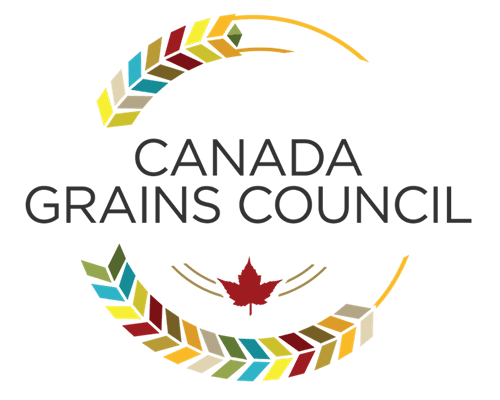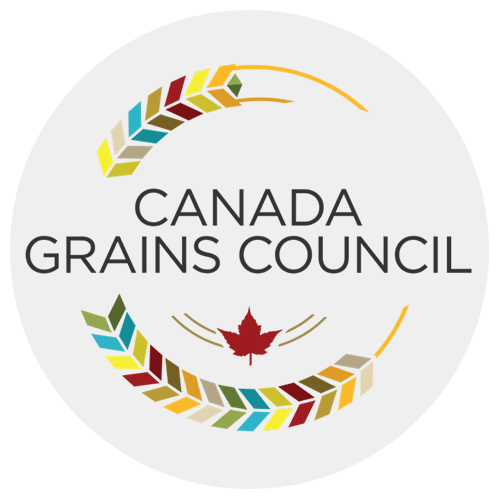Canada’s Grain Value Chain Welcomes New Cabinet Appointments
July 26, 2023 (Ottawa, ON) – The Canada Grains Council (CGC) welcomes the appointment of the Honourable Lawrence MacAulay as the Minister of Agriculture and the appointment of the Honourable Mark Holland as the Minister of Health.
Having previously served as the Minister of Agriculture and Agri-food between 2016 and 2019, MacAulay brings a sense of familiarity and a wealth of expertise as he returns to the portfolio.
“We are pleased to welcome Minister MacAulay back to the Agriculture and Agri-Food portfolio,” says Erin Gowriluk, President of CGC. “This appointment comes at a pivotal moment for Canadian agriculture, where we are facing some enormous challenges but also the opportunity to unleash our industry’s full potential. We know Minister MacAulay appreciates the challenges that our sector must meet, and we look forward to working with him to achieve a science-based approach to production and sustainability.”
CGC would also like to express its gratitude to outgoing Minister Marie-Claude Bibeau for her years of dedicated service to Canadian agriculture.
Additionally, CGC welcomes the Honourable Mark Holland as Minister of Health, replacing the outgoing Jean-Yves Duclos.
“Health Canada plays an important role in developing policies that concern farmers’ access to innovation,” adds Gowriluk. “It’s critical that Canada’s regulatory system remains grounded in science so that farmers have timely access to the tools they need to improve productivity, sustainability and contribute to global food security.”
CGC is committed to upholding Canada’s reputation as a producer of top-quality, safe, and reliable grains. Fostering an open dialogue supported by a science-based approach is crucial to meeting rising demand and enhancing Canada’s contribution to global food security.
A close partnership between Canada’s grain value chain, AAFC and Health Canada is essential to the success of the grains sector. As a unified voice representing the grain value chain, the Canada Grains Council remains committed to working closely with both Ministers and their respective departments to navigate the challenges and opportunities that lie ahead.
For more information, please contact:
Sandra Filion
Vice President, Communications & Stakeholder Relations
Canada Grains Council
613-277-0109 | sandra@canadagrainscouncil.ca

